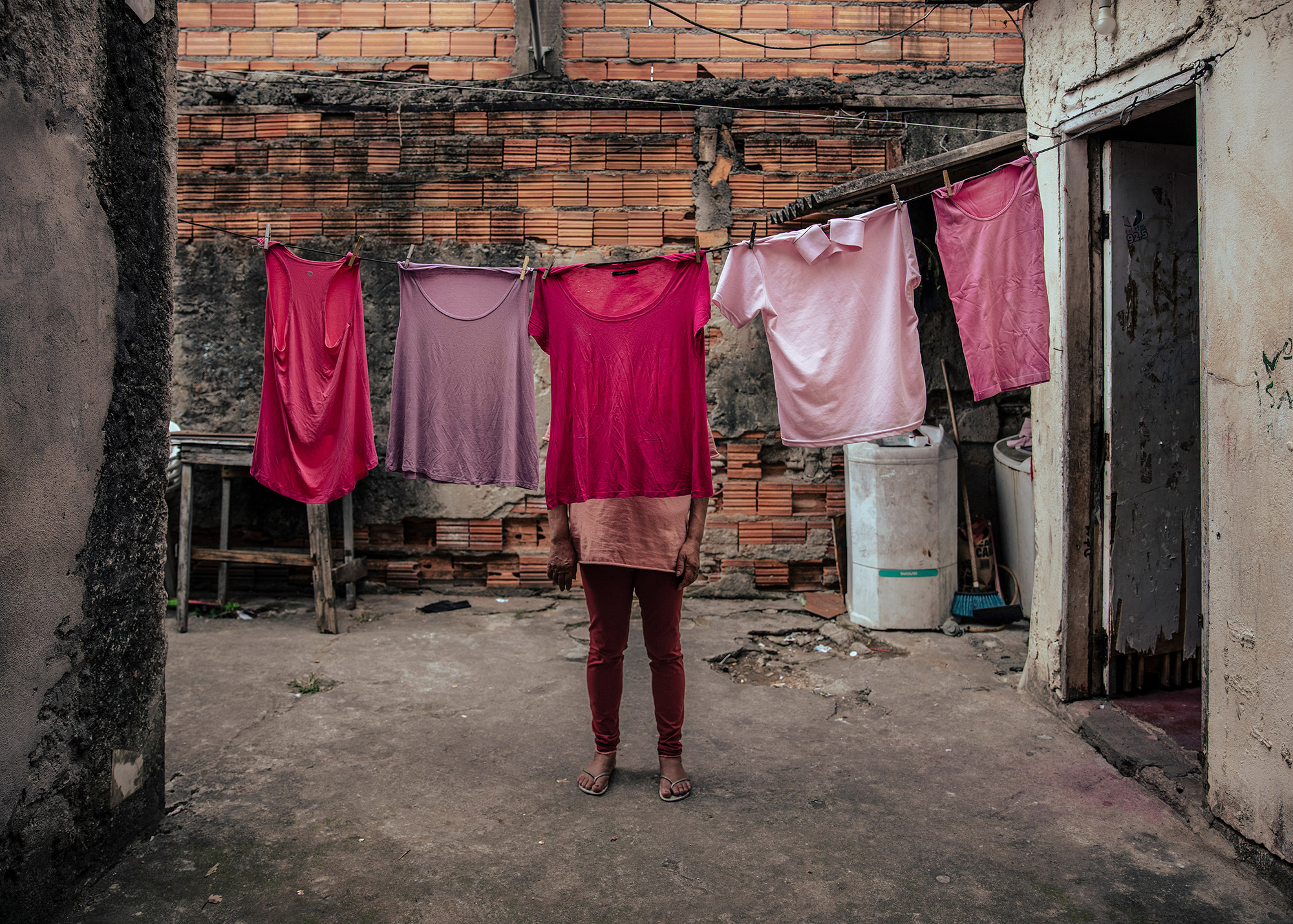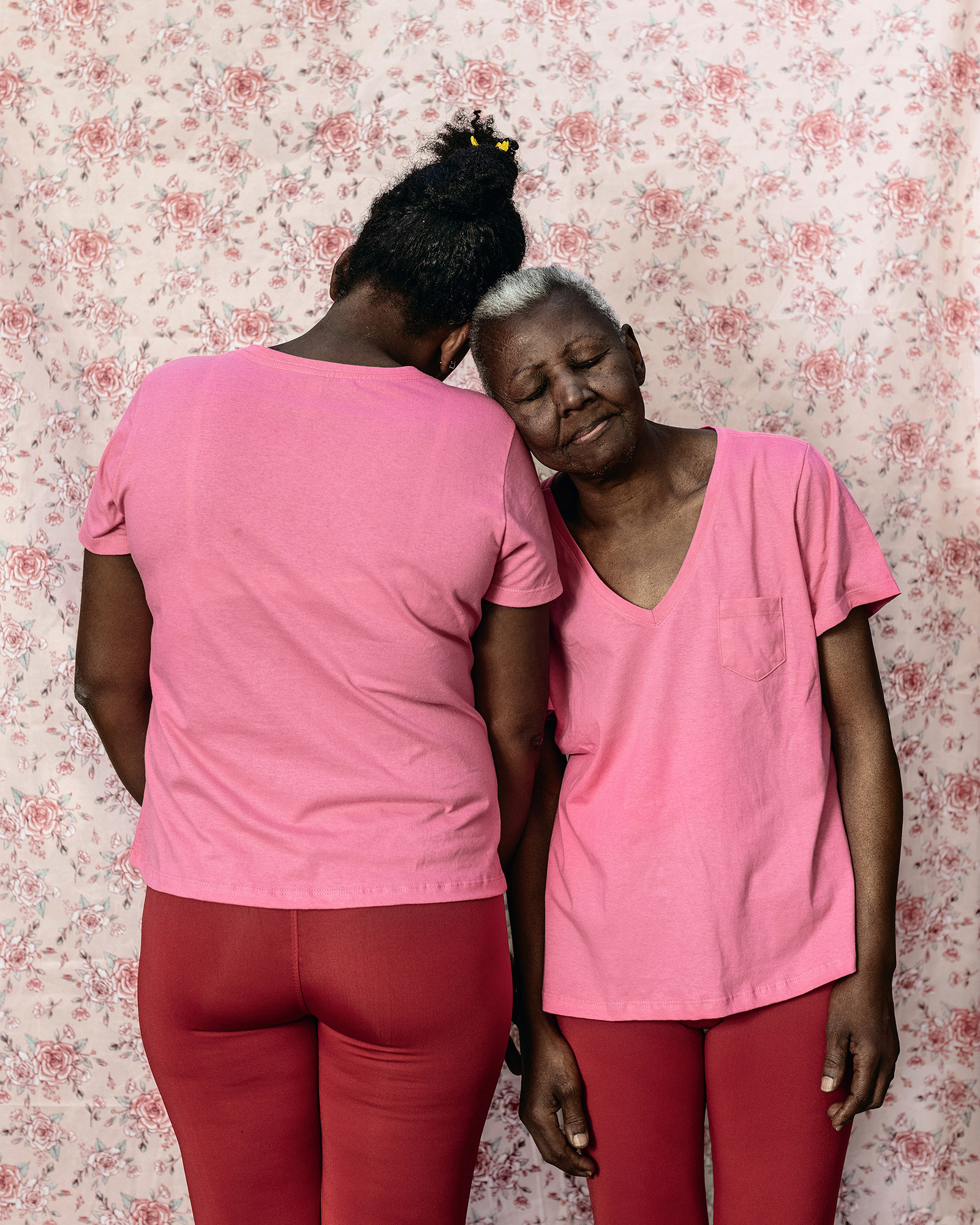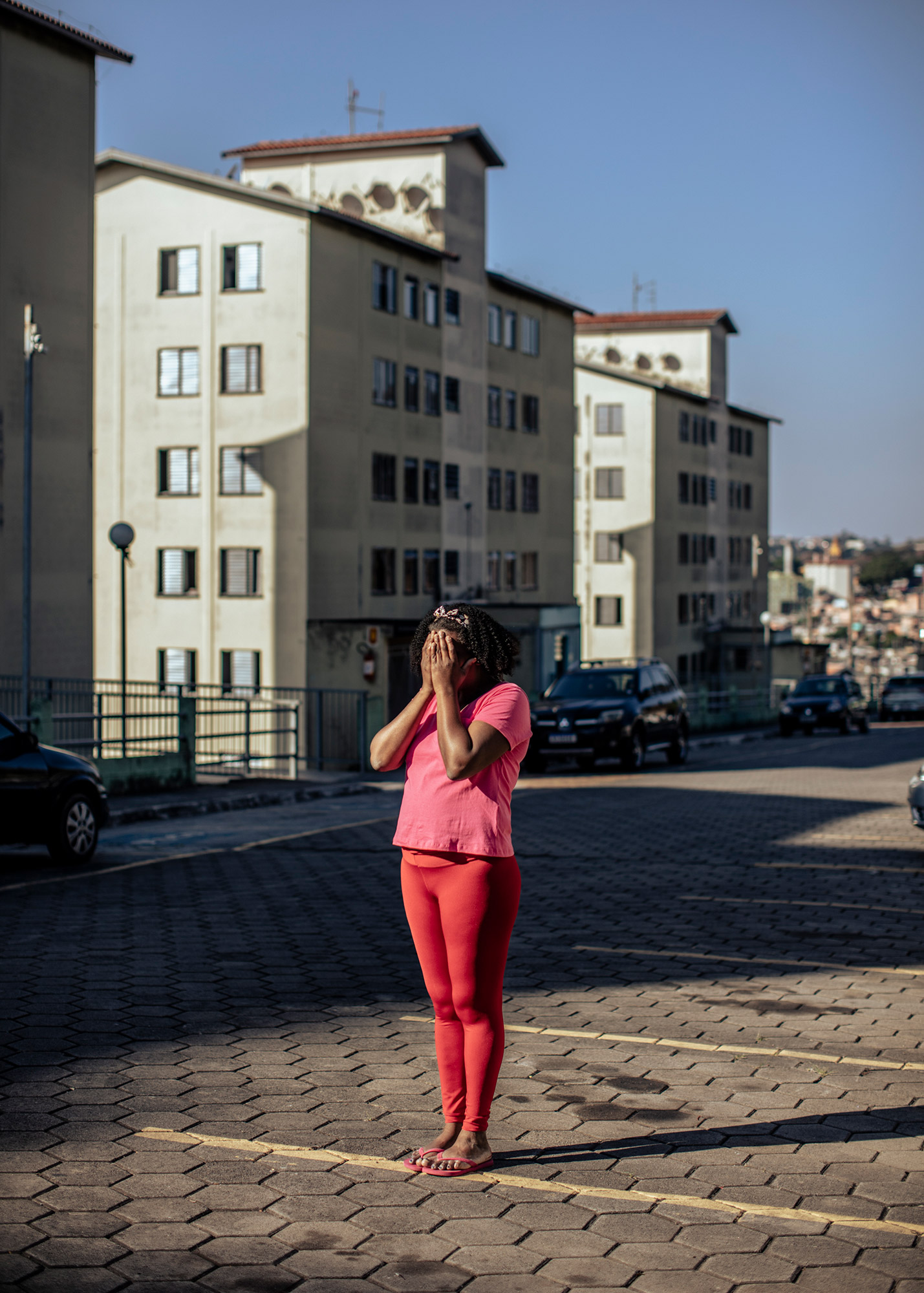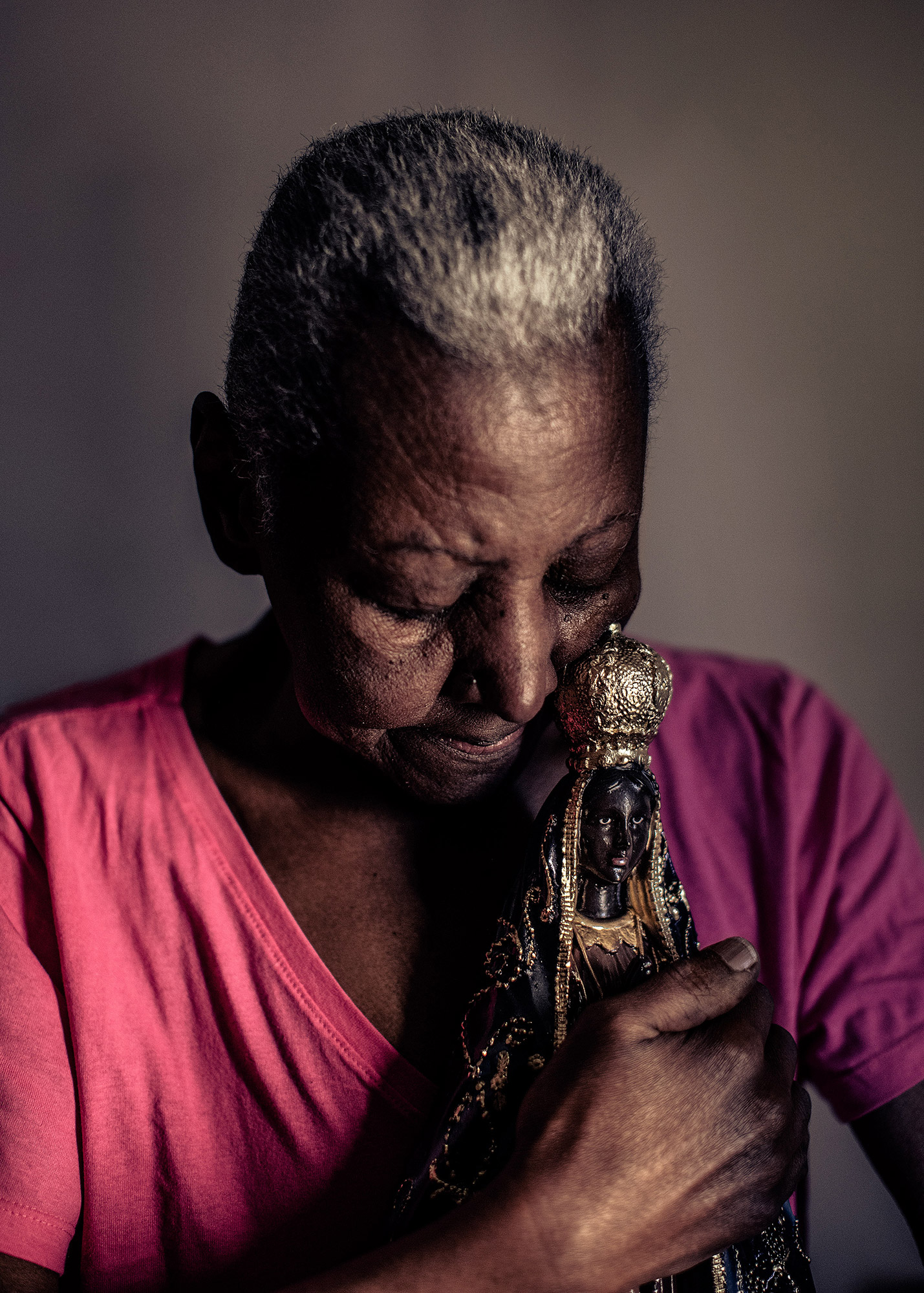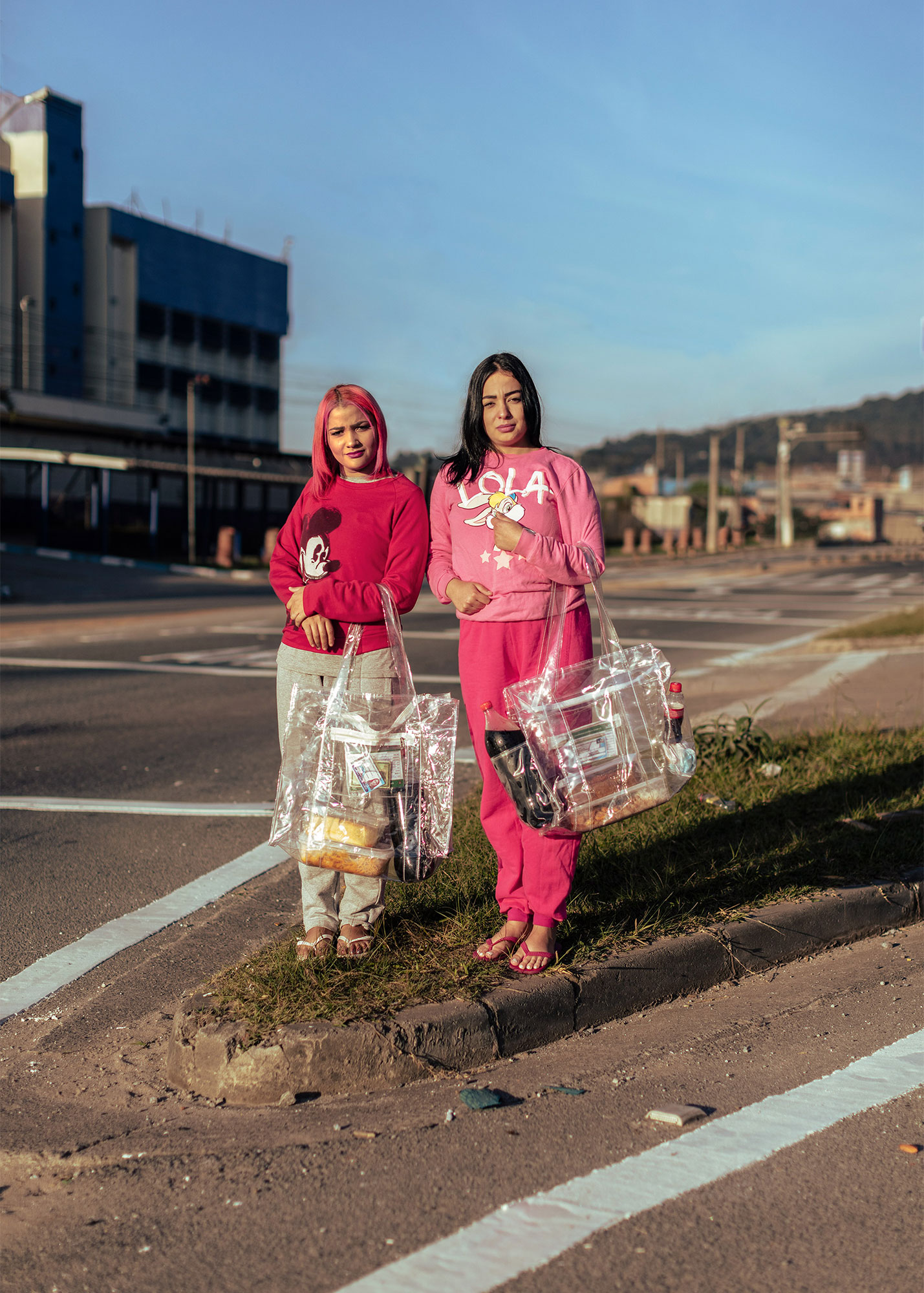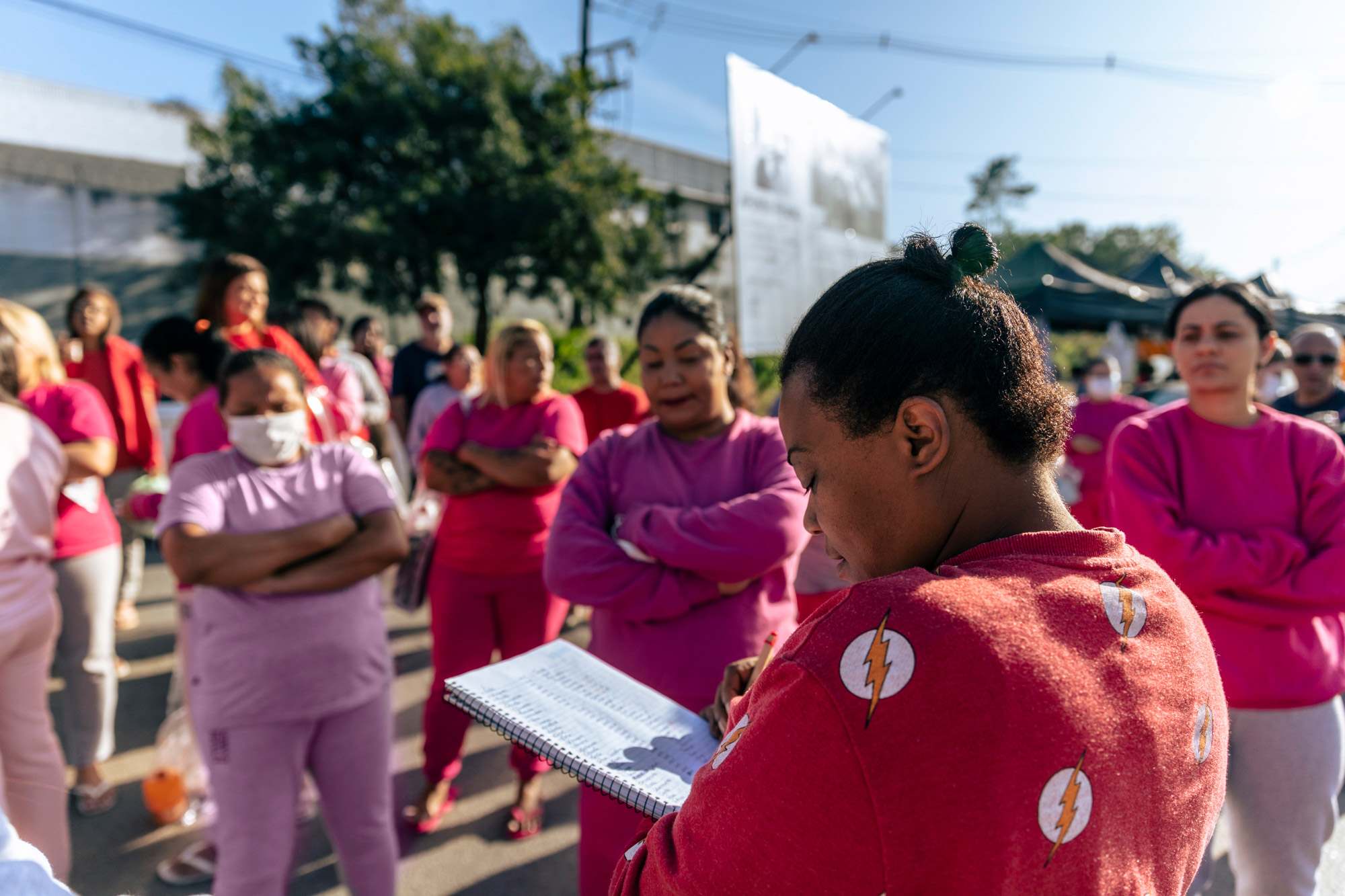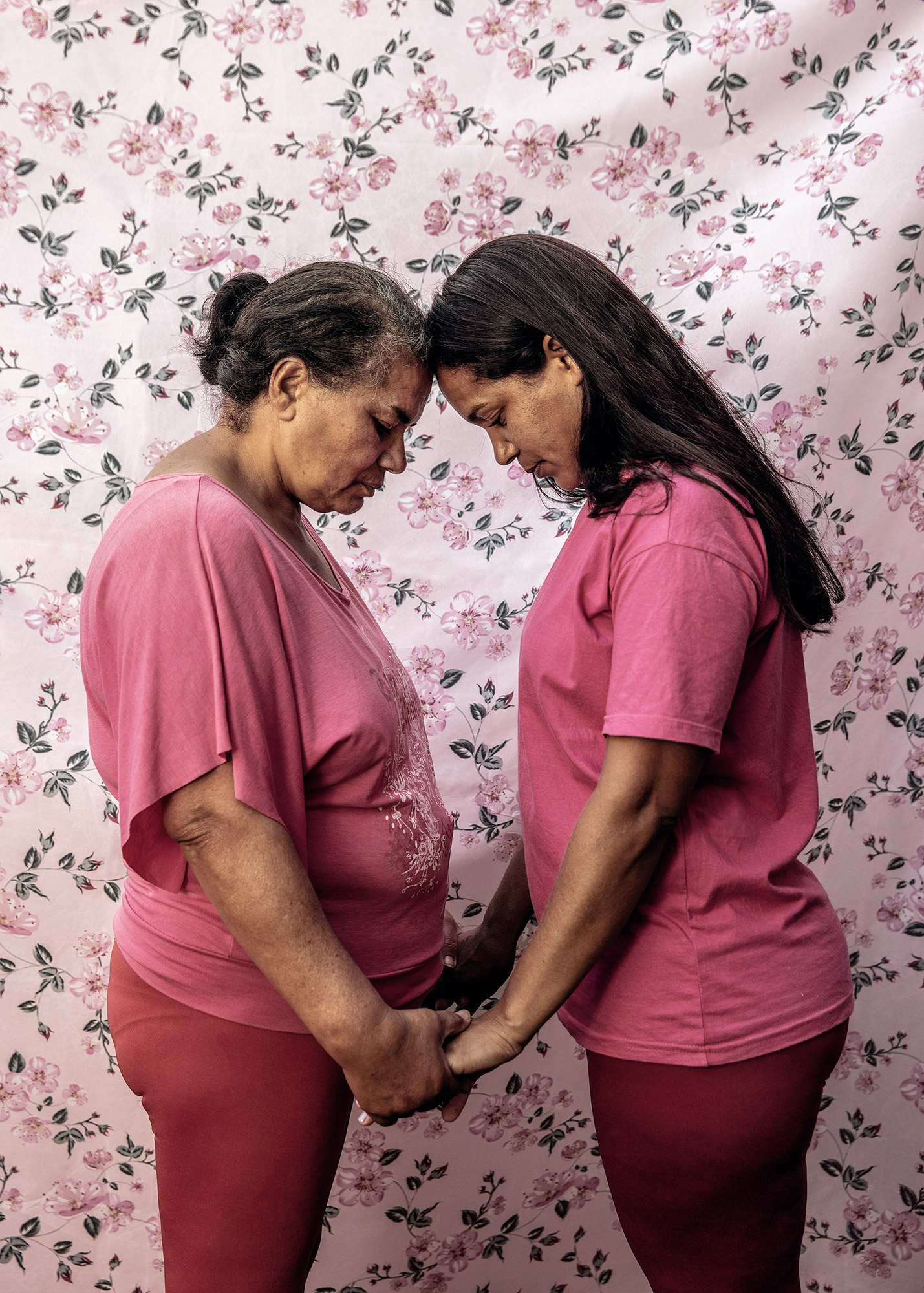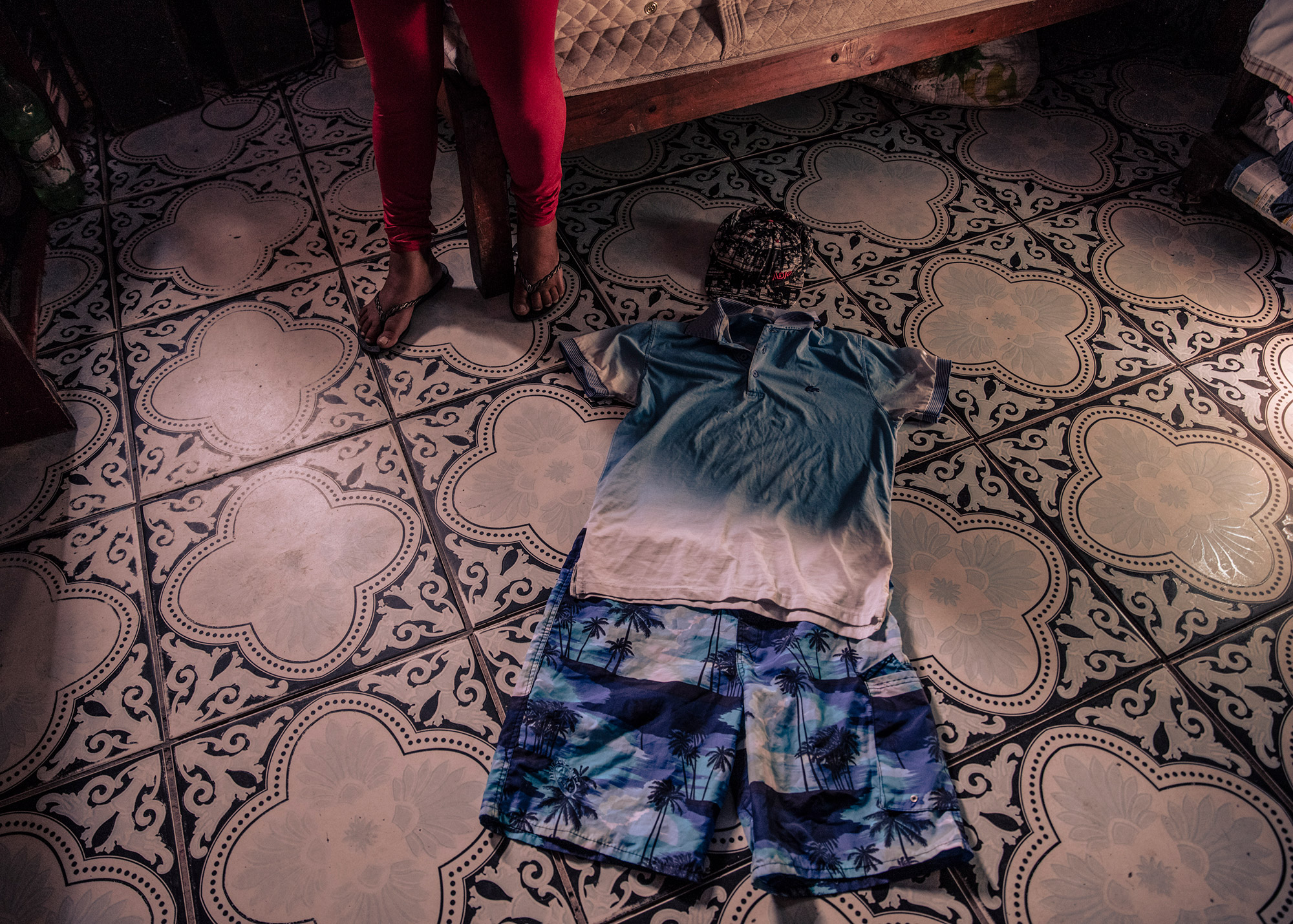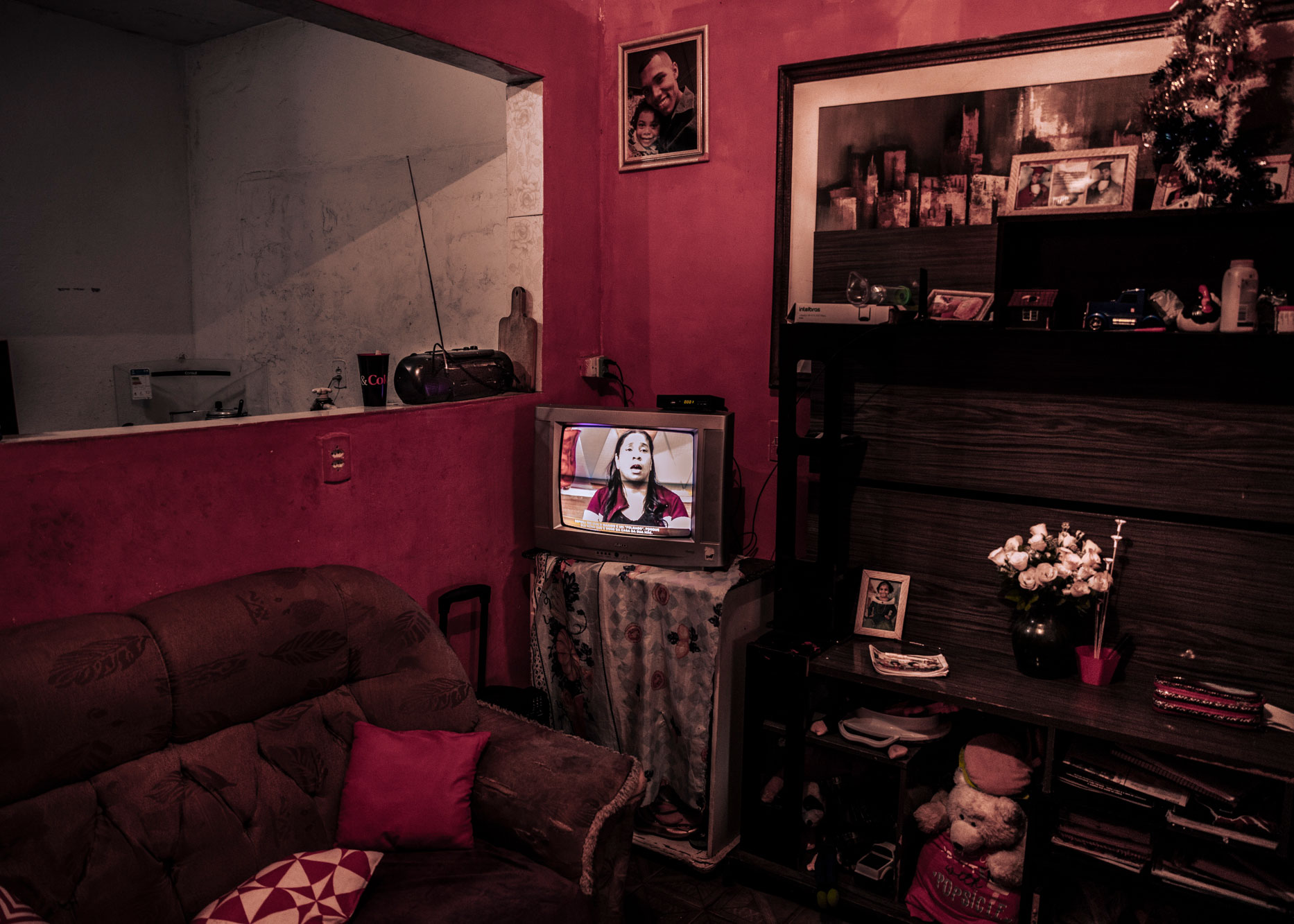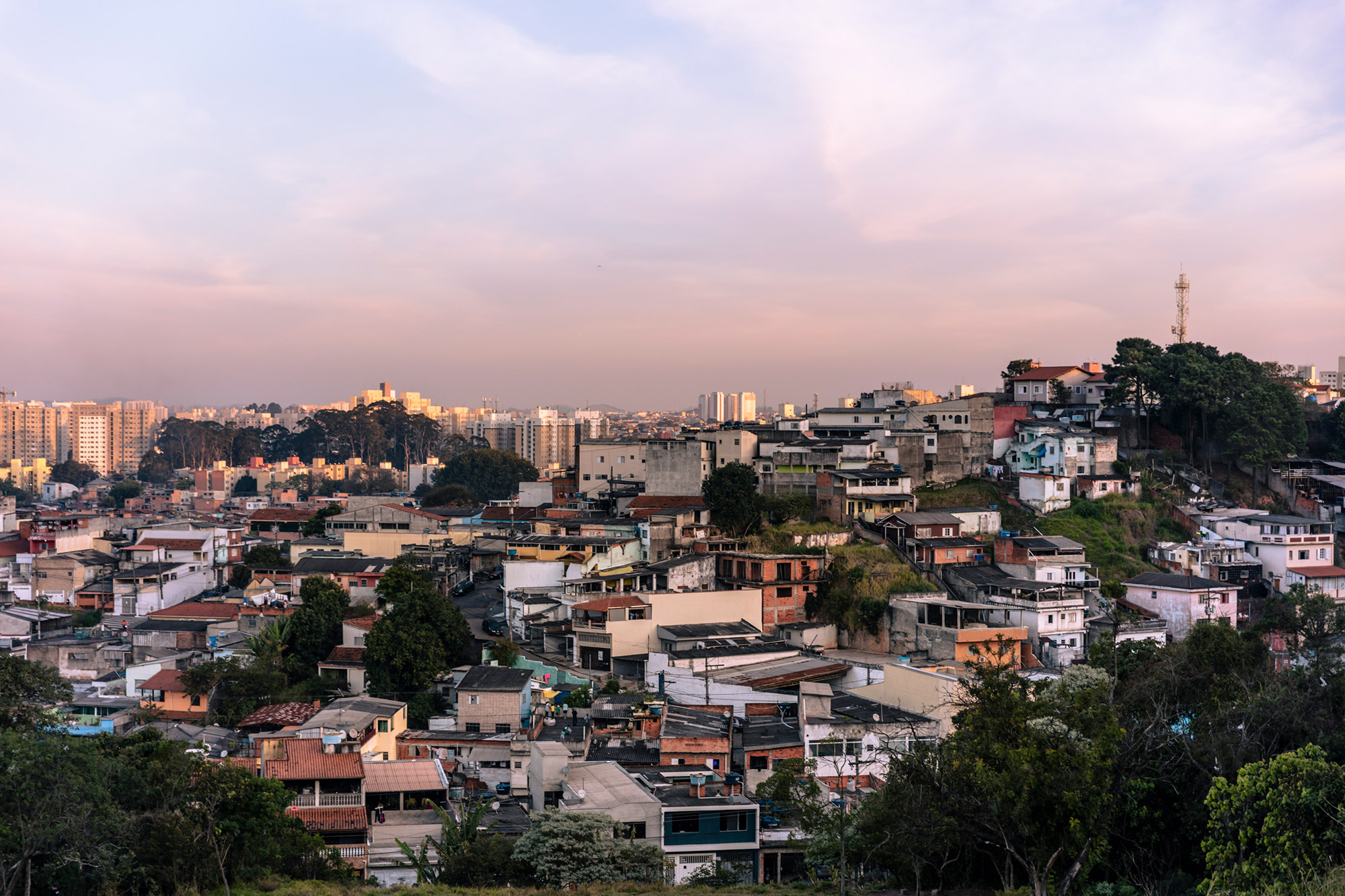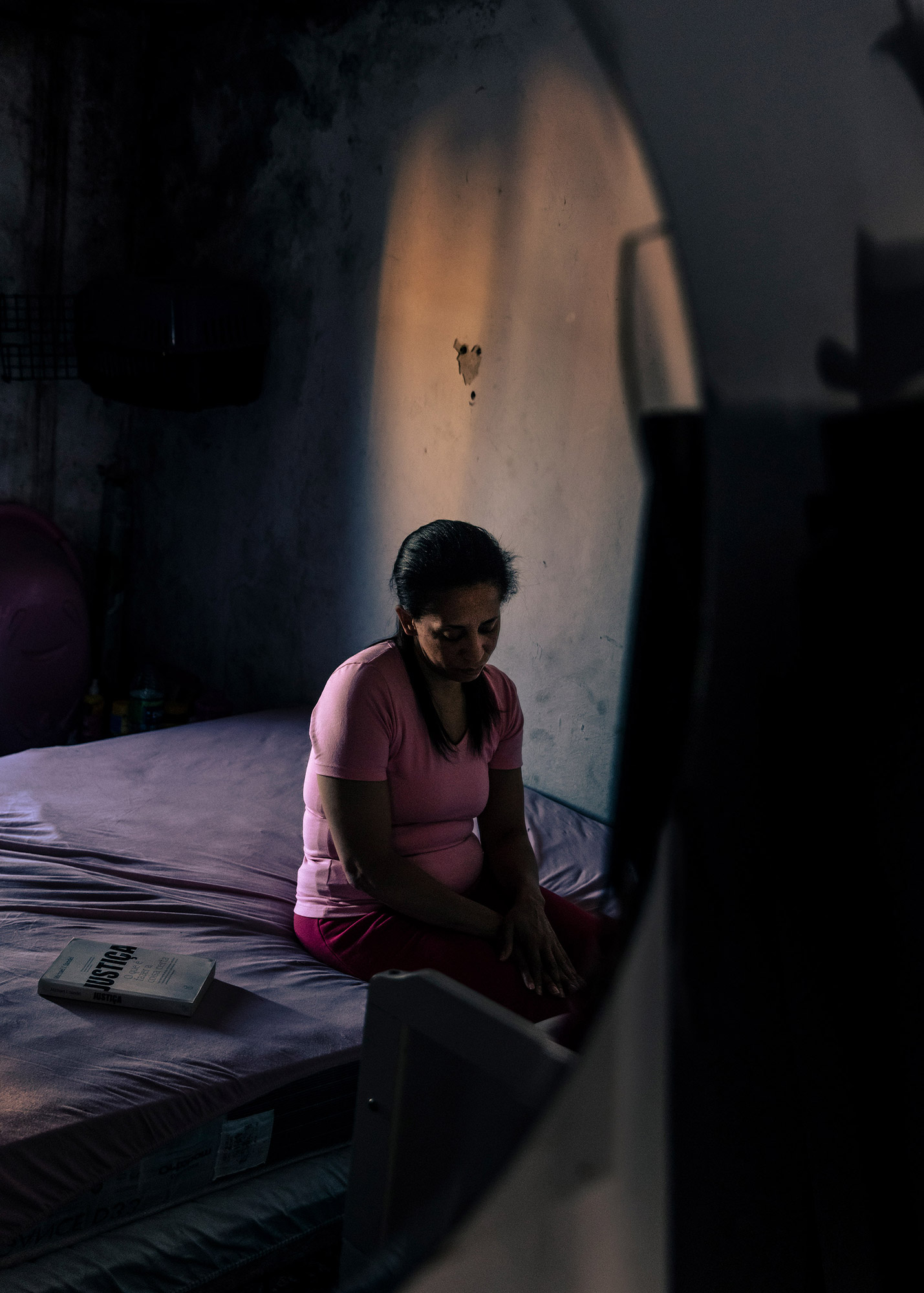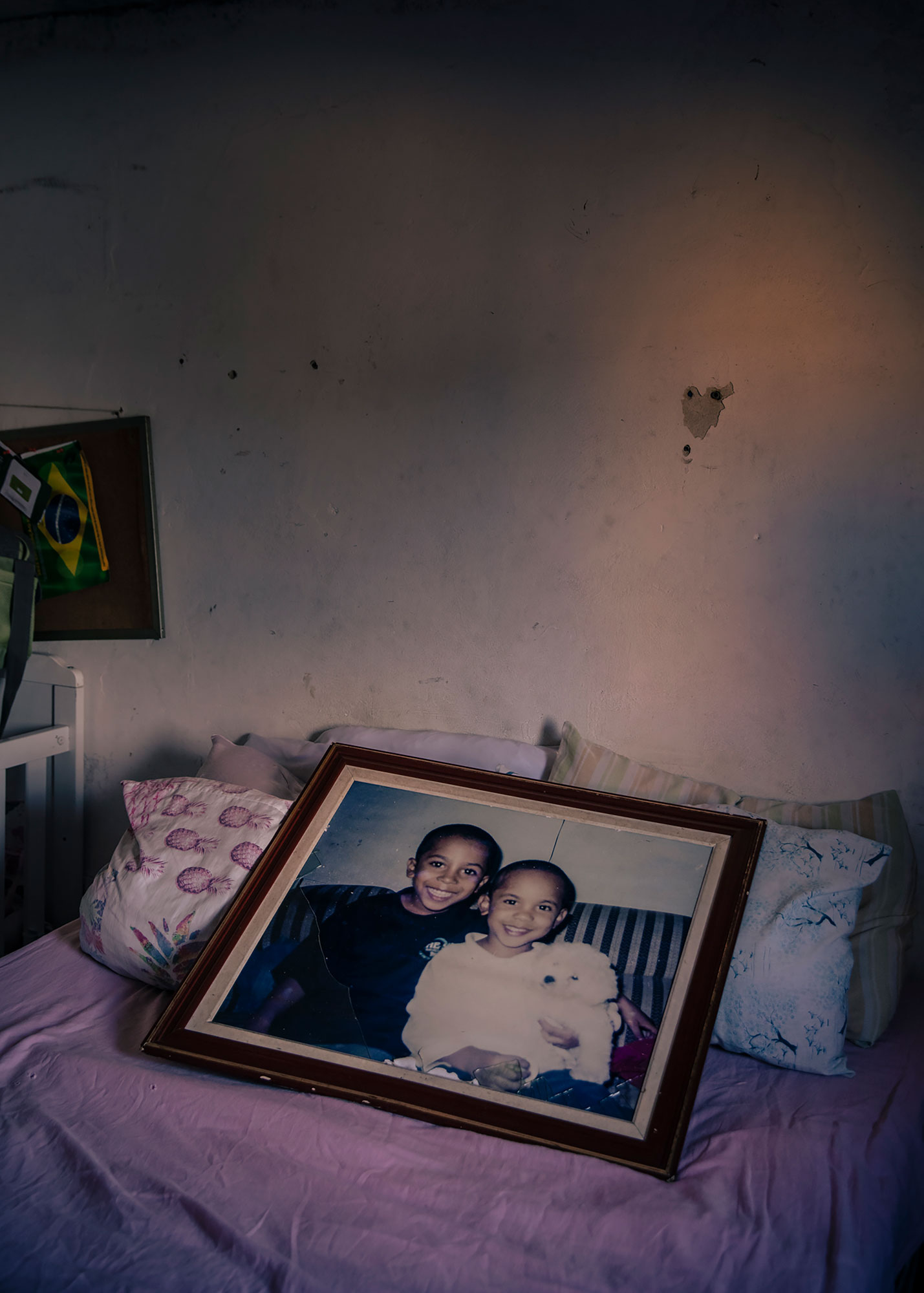Pink is the color of absense
Brazil’s mass incarceration problem not only affects the individuals behind bars but also has a significant impact on their families. The majority of inmates come from poor, black communities where socioeconomic conditions push them into criminal activity. As a result, their families, often headed by single women, face numerous challenges due to the imprisonment of their loved ones.
Women who visit their incarcerated relatives often suffer from emotional trauma due to the poor conditions and high levels of violence in Brazilian prisons. Many experience symptoms of depression and anxiety, and face discrimination in their communities and workplaces. Additionally, they are often burdened with the financial responsibility of sending food and hygiene products to their imprisoned loved ones, as the Brazilian state often fails to provide the necessary resources.
Addressing Brazil’s mass incarceration problem requires not only reforming the prison system but also addressing the root causes that lead individuals to commit crimes, such as poverty and inequality. Moreover, providing support to the families of inmates is crucial to mitigate the social and economic impacts of mass incarceration. By recognizing the interconnectedness of these issues and working to address them, Brazil can begin to address the harm caused by its current approach to criminal justice.
